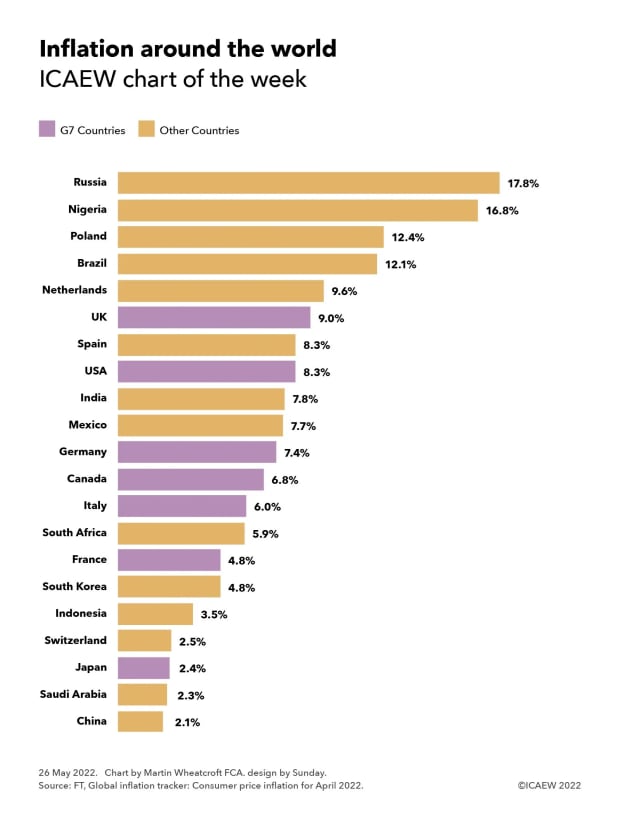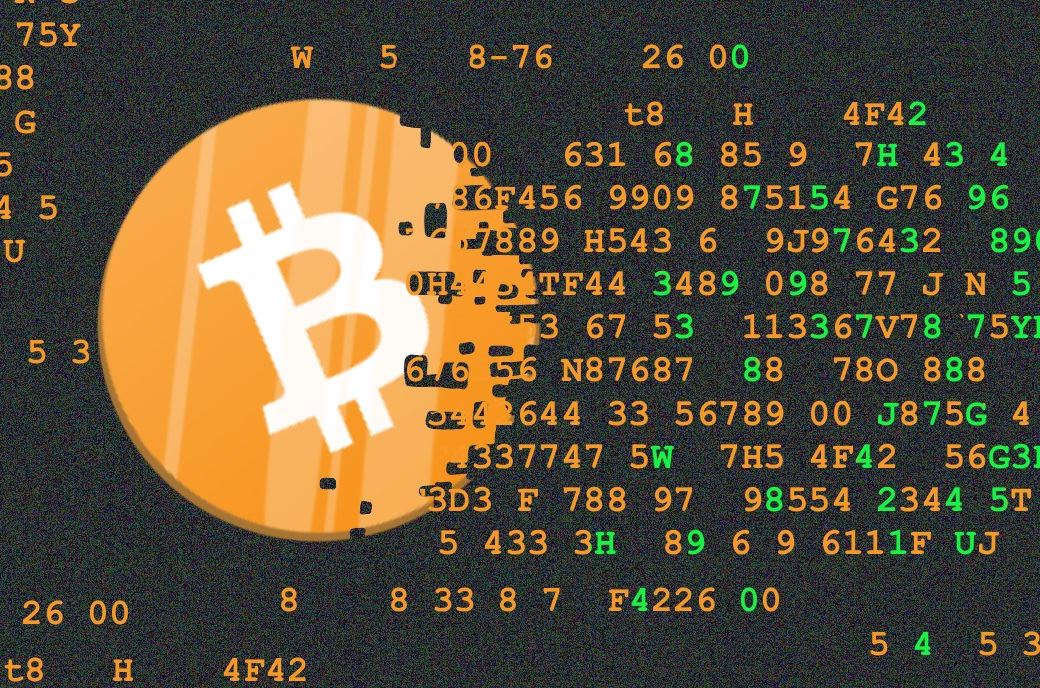Mircea Popescu’s Most Influential Bitcoin Writing
The late Bitcoin pioneer Mircea Popescu left an indelible, if controversial, legacy in the space, defined largely by his blog posts.
Editor’s note: This article links to blogs that may contain graphic or offensive content.
There’s an old saying about the rock band The Velvet Underground — their first album only sold 10,000 copies, but everyone who bought it formed a band.
For Mircea Popescu’s writing, the same logic holds true. Only 10,000 people may have read his blog Trilema, but everyone who did started a Bitcoin Twitter account.
Still, due to the controversy surrounding Popescu (and there was no shortage during his life), his legacy had been obscured until his recent death by drowning and related reports that he (very likely) had personal holdings that were among the world’s largest.
As I mentioned in his Bitcoin Magazine obituary, Popescu remains lesser-known in no small part because of his history of verbally abusing and encouraging violence against Bitcoin Core developers, as well as the frequency with which he used hateful speech.
There is also the problem of Popescu’s writing itself — so raw at times it could be indiscernible from raving, his points were often made not through argument, but through sheer impulse, a kind of nuclear waste resulting from his own combustive reaction to real-time events.
But as an overview of his most remembered work shows, his ideas would prove influential to the Bitcoin philosophy, helping shape author Saifedean Ammous’s seminal “The Bitcoin Standard” and, in the process, popularizing tenets that are so mainstream in Bitcoin today it can be hard to see them with the same outsider energy with which they entered the conversation.
And it’s true, a generation of writers have since expanded on all the ideas Popescu developed — why Bitcoin is sovereign, the need for conservatism in its software changes and why altcoins won’t successfully compete against its monetization.
Yet, iconoclastic works they were, almost lone howls at the fringes of an industry then defined by Dudley Do-Rights perhaps too willing to defer to authorities.
To remember the context, one only need also revisit Marc Andresen’s 2014 opinion piece “Why Bitcoin Matters” and ask which remains the more relevant in terms of how we think about the Bitcoin software today. (Hint: It will undoubtedly be Popescu’s).
With that in mind, I’ve compiled a short list of Popescu’s more definitive writing so that it might serve as a guide for those seeking to understand his role in Bitcoin’s history.
Special thanks to Shinobimonkey, Alex Berg, Shinoa Fores and Vogueblackheart for contributions.
“Bitcoin Prices, Bitcoin Inflexibility” — February 12, 2013
This piece remains among the more often cited by Popescu as it lays out several (still relevant) projections for how the bitcoin market might evolve, and thus, remains a useful lens for discussion on its ongoing development.
Here, we can also clearly see some of the early seeds of Popescu’s argument that Bitcoin’s monetization was likely to become a self-reinforcing phenomenon, one that didn’t require any adjustments or improvements in the software to continue.
He writes: “Will people stop throwing dollars at Bitcoin because Bitcoin prices in dollars are rising? No, they will not. If anything, the converse is more likely.”
“The idea That Bitcoin Is A Sovereign…” — May 12, 2014
Now accepted as a core tenant of the Bitcoin project, it may be hard to believe the asset’s status as an equal among government currencies was hardly an accepted frame.
Yet, in this piece, Popescu lays down the rough foundation for the argument that Bitcoin should be recognized as a “sovereign,” and outlines why he believed this gave him the legal grounds to outright reject the U.S. Security and Exchange Commission’s (SEC’s) requests for information about his early Bitcoin operations.
“In order for any portion of any one government to discuss any matter that has anything to do with Bitcoin, that government will have to recognise Bitcoin,” he wrote.
“If You Go On A Bitcoin Fork, Irrespective Which Scammer Proposes It, You Will Lose Your Bitcoins” – January 6, 2015
Perhaps the definitive Popescu work (coupled with its more expansive companion here), it’s hard to find a blog post of his that was more central to the Bitcoin conversation.
At a time when most of the Bitcoin developers were embroiled in a 24/7 online war about how best to fork the blockchain (not exactly whether they should), Popescu drew a hard line against hard forks, declaring that his business wouldn’t accept any change to the protocol rules.
The indirect result was that Popescu would pose a challenge to developers — namely, what right did they have to tell him what software was Bitcoin when it was he who was following the rules of the code?
“Basic Bitcoin Competency Certification” — August 25, 2015
Understanding Bitcoin is hard. Harder still is explaining the many disciplines it involves.
Equal parts praise for the multifaceted ways in which Satoshi Nakamoto succeeded, and a satire against those who would strive to condense this success, this post showcases that Popescu’s humor could be more subtle even when it was just as cutting.
“GPG Contracts” — October 24, 2012
Another example of an idea that Popescu helped popularize was the concept that Bitcoin’s cryptography, if implemented at scale, equated to a new kind of voluntary law.
Now the domain of thinkers like Erik Cason, who has expounded on this more eloquently and in more numerous posts, Popescu nonetheless was an early evangelist for discussing how Bitcoin enabled individuals to create contracts that did not rely on existing legal structures.
From the piece: “There’s a spiffy young fellow I’m betting on: the GPG Contract. He’s also a) an agreement b) reached by willing participants. But that’s all.”
“Here’s Who Doesn’t Belong In Bitcoin : You” — December 12, 2015
Still another hallmark of Popescu was the ability of his writing to turn the camera on the observer, forcing them to ask questions about their involvement and commitment to Bitcoin.
I’ll admit this post just finds Popescu flaming on someone complaining about the rising fees on Bitcoin, and has little other value. That said, Popescu’s takedowns were the kind of content that helped build his following, and this remains a prime example of his craft.
Highlight: “Derp actually imagines he could even in principle know what the solutions for his problems are.”
For deep reading, the following articles are also recommended.
“The Politics Of Bitcoin”
“Fiat Vs Bitcoin, A Comparison”
“Stage N: Bitcoin Exists”
“Why You Need Bitcoin, Simply Put”
“Bitcoin And The Poor”
“The Woes Of Altcoin, Or Why There Is No Such Thing As Cryptocurrencies”
“Ok, So What Is Bitcoin Disrupting ?”









